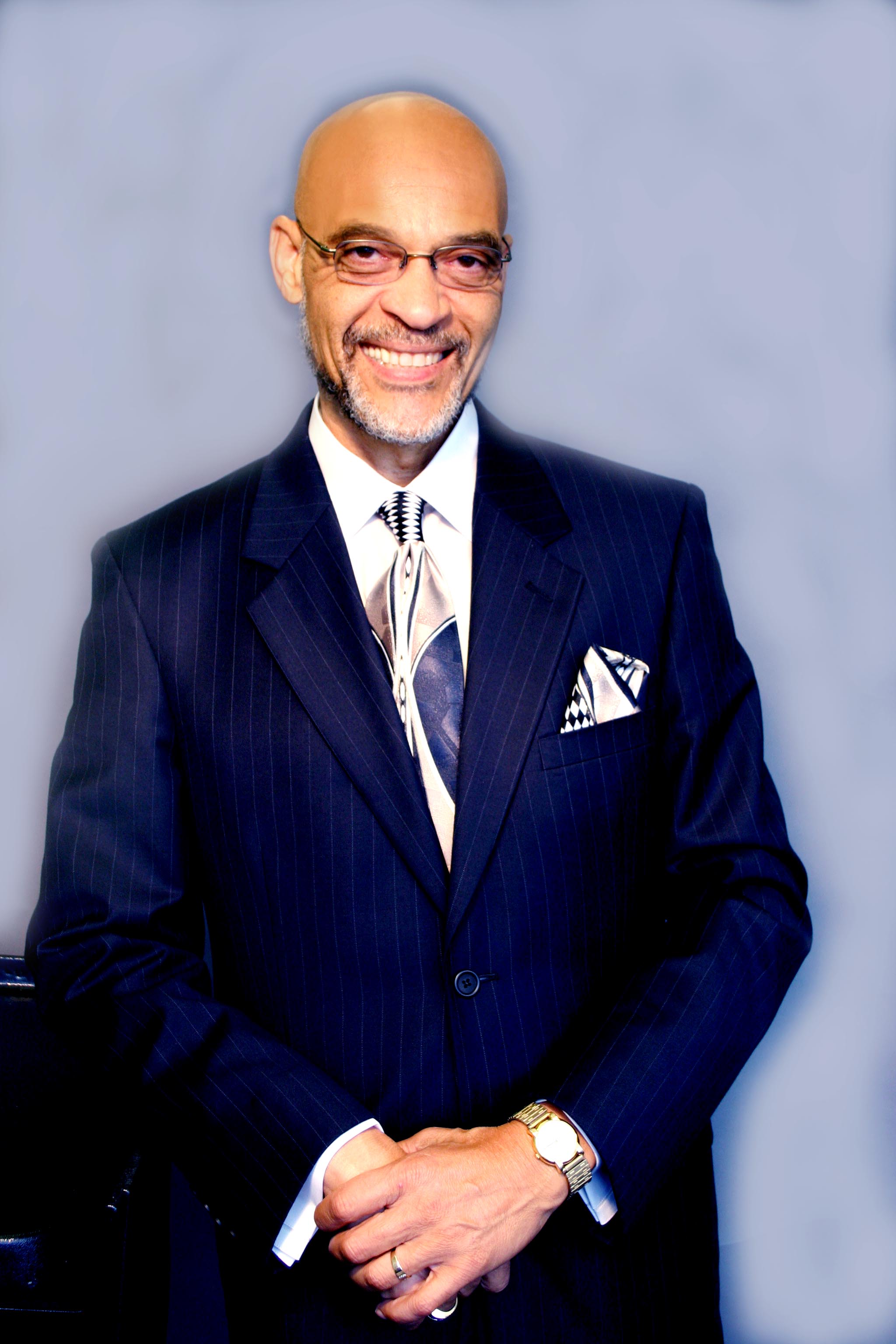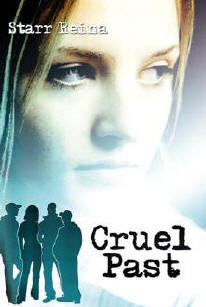Getting to Know Jerri Ledford
Topic: Author Interview
Jerri Ledford the person: 1. What three words do you think describe you as a human being?
Christian, Caring, and Determined
2. How do you think others would describe you?
Gullible. Really. I'll believe just about anything. Oh, and they'd tell you I'm a serious cook! I love cooking (and eating) food. And it's most enjoyable when I'm cooking for other people.
3. Please tell us what you are most passionate about outside of writing.
God first. He's my foundation. And my children next. My friends. Everything that I care about outside of writing is people (and food) related. Because those are the things that matter most.
4. Do you have any pets? If so, introduce us to them.
Trixie is my 35 rottie-look-alike. She's a cool, and high strung dog. I got when she was a very small puppy, thinking she'd be 20 lbs tops. Boy was I wrong! But that's okay, I love her almost like one of my kids. I told a boyfriend one time that he would go before the dog did. He did.
5. What is your most precious memory?
The birth of my children. I have two. A boy and a girl. And those are some crazy memories. Both instances were strange, but the end result was the kids that help make my life complete these days. I love this guys and I am so very thankful that I was chosen to be their mom.
6. What is your most embarrassing memory?
Which one? There's the time that I tuned out in the middle of a conversation, only to be drug back into it (in a group of people) completely unaware that I was the butt of the joke. That happens a lot. I'm a bit of a geek/nerd. I get picked on a lot. Still. You think you grow out of that stuff when you get out of school? It doesn't happen. Adults are just much more skilled at hiding the teasing behind other words and actions.
7. If you weren't a writer, what would you be doing with your life?
I have no idea. I'm not a corporate person, so I guess it would have to be something with food. Probably a personal chef or a chef in an upscale restaurant. Food is my other passion outside of God and family, that makes it my first choice for an alternate career.
8. In two paragraphs or less write your obituary.
She lived a good live but she's dead. Now learn from this and go live your life well.
Jerri Ledford the writer:
9. Can you describe the time you realized you were indeed a "real" writer?
It's terrible, but I really can't. I've always been a writer, I've always wanted to be a writer. I fell victim to the naysayers ("You can't be a writer, that's not a real job!" "Writers are always broke.") for a while, but I couldn't NOT write. Even then I filled boxes with stories, poems and scribbling. I've always been a real writer. It just took a few years to become a published writer!
10. What is going on with your writing these days?
I'm currently finishing up a book in the For Dummies line. And I'm working on proposal for a secular, but non-technical book and a Christian lifestyle book. I also have a few regular gigs like teaching technology courses online and writing technology reports that I keep up. I'm also working on another project that I pray will become a regular gig, but I can't share too much about it until I finish the training and find out if I'm the chosen lead or not.
11. What are your future goals for your writing?
My goals are two-fold. I want to transition my writing from business technology to Christian non-fiction, and I want to get my fiction career off the ground. Both of these goals require a gradual, but major shift in how I work. But it seems to be coming together. I'm working on a novel in my spare time (whatever!) and I've recently had a request for a full proposal on a Christian non-fiction book that I truly believe will sell. So, these to me are more than just goals. This is my future. It's all about taking the steps to realize that future.
12. Can you describe a typical writing day for you?
No. I'm only half kidding. I don't know what typical is. Some days work the same, other days are all over the place. When my machine is working well, I usually get up at six in the morning and get my daughter off to school, then I'll crawl back in bed until around 9 or 10. I get up, work until around 3 or 4, working in household stuff and general personal recycling (showering, etc.) into short break periods.
After 3 or 4 I spend a few hours with the kid. She and I will have dinner, run our errands, visit with friends, go to church, whatever is going on in our life at the time, and then I go back to work between 9 and 10 when she goes to bed. I'll work until 2 or 3 am and start it all over the next day.
On average, I put in about 10 hours a day writing. Unless it's crunch time, then I might put in 16. And if I don't have anything going on I might not work more than a few hours on the details of the business like proposals or query letters.
But keep in mind that this is a flexible schedule. I've been known to go days without writing anything at all. I think a writer's brain (and body) need a break just like every other profession out there. If you're always writing, you'll eventually burn out. I know. I have.
13. Why do you write?
Because I don't have a choice. Even when I wasn't a "writer" (as in published and making a living solely from my writing) I wrote. Letters, stories, poems, books, whatever. I have more notebooks with snippets of this, that, and the other that I've written over the years. God made me a writer. And he won't allow me not to use the gift. So I write.
14. What writer most inspires you? Why?
I'm sure this is not a popular answer, but there is no single writer. I wasn't exposed to the classics :::gasp::: like most kids were in school. I read some, but there are many that I never have. I have favorites (like Nathaniel Hawthorne) but only because I love their stories. They're not so much inspirations to me, as they are examples of what works-and what doesn't-in storytelling or other types of writing.
My inspiration comes from the world around me. LIFE is what inspires me. I'm dangerously curious, and my brain is always in "what if" mode. It takes the smallest detail to set off a chain of events in my brain that lead to stories, article ideas, and even non-fiction books.
15. How do you define your writing?
Quick and dirty. J No, I'm kidding. I don't write dirty stuff, unless you happen to be the editor that's cleaning up my work. I'm the first to say I'm a writer, not an editor, and I thank God for editors, because I'd never be able to do their jobs.
My writing is about helping other people understand something better or do something better. I'm a teacher. I just don't have a classroom, I have pages and pictures. And I try to share with others how they can do this or that better, faster, more efficiently.
Even in my fiction work, there's a story, but there's also a lesson. It doesn't define the story...the story defines the lesson and the characters must learn it to accomplish their goals. But it's still all about the teaching/learning formula.
And honestly, I think all writing is about that. All writers are teachers and storytellers. (And remember that storytellers were the original teachers.)
16. In one sentence-what do you want people to say about your writing in fifty years?
I remember this book that I read when I was 25; I loved it so much I've read it every year since then.
Jerri Ledford the details:
17. Can you tell us where to find more information on you? Website? Blog?
This one's tough, because I'm in this transition period right now so the only website or blog that I have going is http://www.google-geek.com/. And I honestly don't update it regularly. Once I get through the last few chapters of this For Dummies book, though, I'll be rebuilding my personal site (http://www.jerriledford.com/), so I hope that in a few weeks I'll be able to point visitors in that direction with a whole new look and feel.
18. Is there a place where readers can reach you?
Email is always best: jerrilynn@gmail.com
19. Can you list all your book titles so people can look for them?
Do you really want to put your readers to sleep? Okay. Here goes:
-Web Services: Understanding Service Level Management
-The Rational Guide to Preventing Identity Theft
-The Gadget Geeks Guide to Your Sony PSP
-The Personal Cybersecurity Bible
-Cut the Cord! The Consumer's Guide to VoIP
-25 Home Automation Projects for the Evil Genius
-PC Magazine Office 2007 Solutions (As a co-author)
-Google Powered
-Google Analytics (With Mary Tyler)
-Google Analytics 2.0 (With Mary Tyler)
-Brilliant Office 2007 Pocketbook (With Rebecca Freshour)
-Brilliant Windows Vista Pocketbook (With Rebecca Freshour)
-The SEO Bible
-Google AdSense for Dummies
20. For new readers-what can they expect when they read your book(s)?
All of these are technology books. If you want to know how something works, that's what you'll find in my books. I explain things clearly and give you only the background necessary to help you do what you want to do. Oh, and I try to keep it light so you're not completely bored out of your mind.
For books that I'll have upcoming in the future, expect to learn hard truths, and read great, entertaining, suspenseful stories.
In conclusion:
21. Take as much space as necessary to speak to our readers-what would you like them to know about you and your writing?
I'm not sure there's much more to know. It took a long time to get here-like almost two decades. I nearly walked away a few times, but like I said earlier, I couldn't. Writing is who I am.
So, I guess if I could say one thing to you it would be find who you are. And then pursue that with all of your strength. The rewards? Amazing. And I don't mean financially. Accomplishing something that you're passionate about is a feeling that you'll never capture in any other way.
Posted by joyceanthony
at 3:21 AM EDT


 ISBN: 1-4241-4105-2
ISBN: 1-4241-4105-2